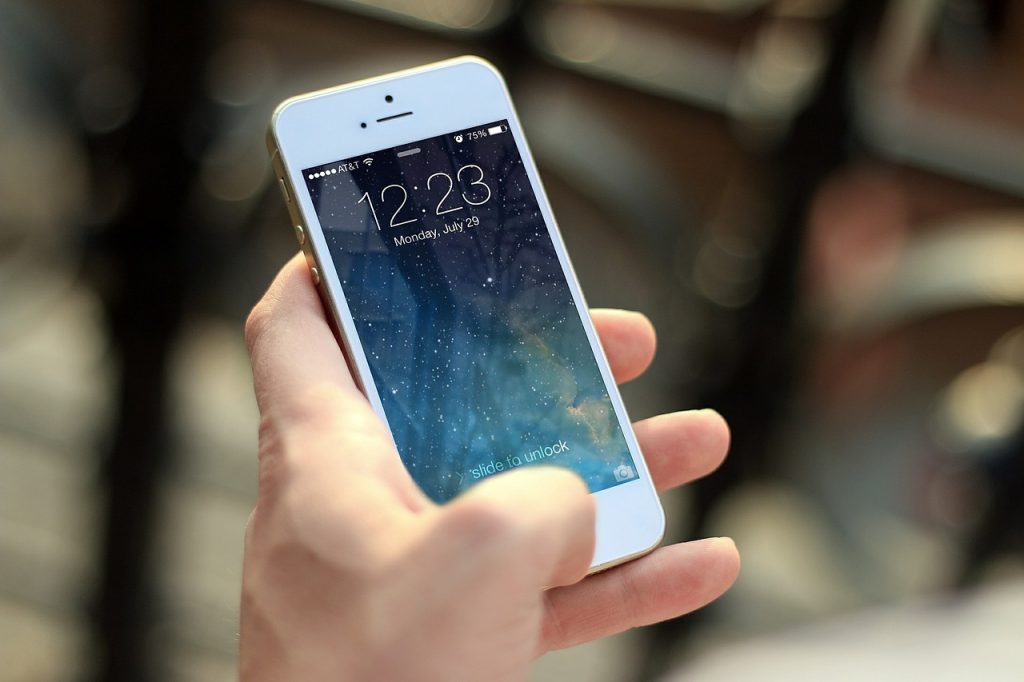Need to get a money order fast, and one that's near you? In this article, you'll learn about 4 extremely common and (probably) convenient places to find money orders near me.
But first, what is a money order?
A money order is like a check but guaranteed. While checks can bounce, money orders provided by legitimate services won't. It's a guaranteed alternative to using checks, and sometimes, you'll need to pay for goods or services using a money order instead of a personal check.
Just don't go into debt by using money orders. In reality, they actually help you not to.
Why money orders exist
There are several times when a money order will be necessary - rather than a personal check. When the funds need to be guaranteed, personal checks won't cut it. And, that's where using money orders come in.
For example:
- Privacy and security. While your personal check will include your bank account's account and routing number, money orders do not.
- Personal assurance of funds. If you are concerned about bouncing a check for something important, a money order removes the possibility of insufficient funds.
- Overseas purchases or transfers. Many purchases overseas require a money order rather than a personal check, but be aware that not all banks support this capability. However, the United States Postal Service (mentioned below) supports almost 30 countries.
- You don't need a bank account for a money order. Since all money orders are paid for in advance, you won't need a checking account at a bank in order to get a money order.
Be sure to watch for money order scams. Money order scams "involve sending you (the victim) a bogus money order as payment for a purchase or other transaction, persuading you to deposit the funds in your checking account, and then getting you to take further action before the fraud is discovered," writes Experian.
How can you avoid being scammed?
According to Experian:
- Verify the funds. Before depositing a money order, call the phone number or visit the website listed on the document, and use the serial number to check its validity. This isn't a perfect solution, but it will rule out many bogus money orders.
- Look for obvious signs of forgery. The U.S. Postal Service provides a web page that points out the anti-counterfeiting features of its money orders. Western Union and MoneyGram use watermarks and heat-sensitive inlays to safeguard their money orders, but you won't find examples of them online. If you're suspicious of (or just unfamiliar with) the design features of a money order, take it to an outlet that sells those money orders and ask an employee to inspect it.
- Look for tampering. Because crooks also sometimes doctor legitimate money orders, altering how much they're made out for (so a $10 order becomes a $1,000 one, for example), you should also look for signs of tampering on the "amount" line. If you suspect anything is amiss, don't make a deposit.
- Be wary of needless urgency. Money order crooks are always in a hurry, so if someone starts pushing you hard to deposit and transfer money order funds, something could be amiss.
- Sit tight when you receive a money order. Hold off on spending any portion of a money order deposit until the full amount clears. Don't write checks against a deposit, and certainly don't issue any refunds until the deposit is verified.
- Maintain money order records. Always keep a copy of money orders you deposit, and receipts for money orders you send. If you're the victim of a money order scam, sharing this information with law enforcement can be very helpful.
4 places to find money orders near me

1: Your bank
The first place to check is your bank. Most banks offer this service to their customers, though they may require a fee (though some don't!). Choosing to get a money order through your bank might help to consolidate your cash flow through a single entity.
Not sure if there's a branch of your bank nearby? Here are links to a few big banking store locator pages:
2: Drug or convenience stores
Many "around-the-corner" stores like grocery stores (Safeway, Kroger, Aldi, etc), drug stores as well as convenience stores offer money orders. Be prepared for there to be both a fee as well as a potential limit to the size of the money order that you can get.
A few possible options to try include:
- Walmart
- Walgreens
- K-Mart
- CVS, and
- 7 Eleven
3: U.S. Postal Service (Post Office)
If you're in the United States, many post offices offer these services. The advantages of money orders from the U.S. postal service is they are cashable in many other countries.
According to the Postal Service website, Money Orders:
- Can be up to $1,000 to destinations within the United States.
- Paid for with cash, debit card, or traveler’s checks.
- Require a fee for each money order you send.
- If you purchase $3,000 or more in money orders a day, you must complete a Form 8105-A, Funds Transaction Report (FTR), and show an acceptable primary ID with a clear photo.
4: Money order services (like Western Union, etc)
If you happen to have a Western Union or another credit union near you, these are good options for money orders. Western Union has an easy-to-use store locator to make the process pretty straightforward.
Keep in mind that many banks will only provide this service for their customers rather than unaffiliated walk-ins.